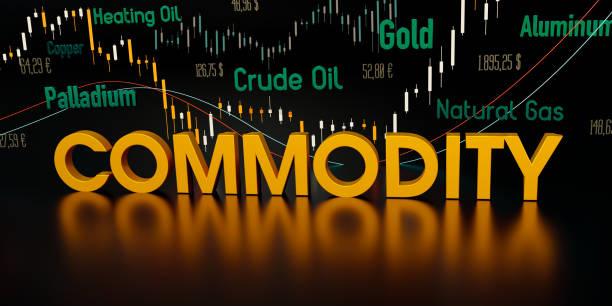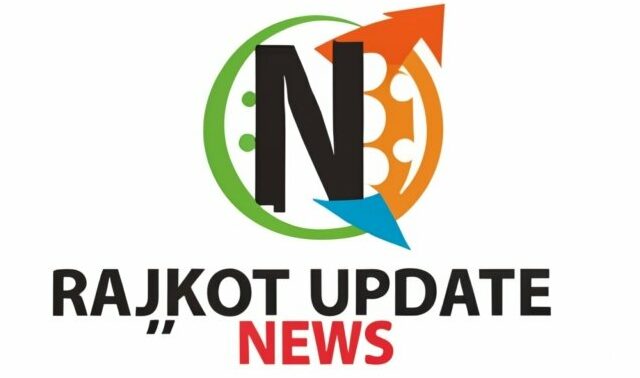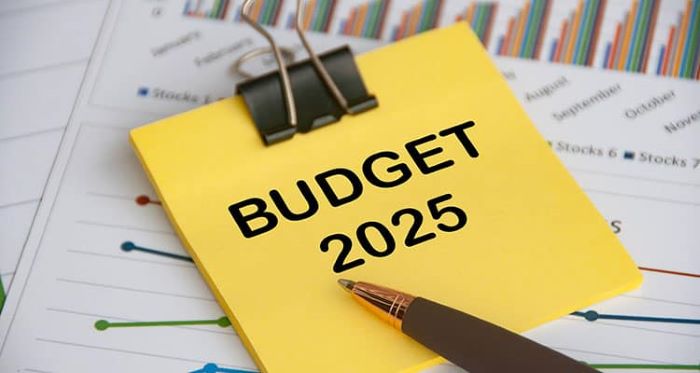Forex trading, often referred to as the foreign exchange market, is the largest and most liquid financial market globally, with daily trading volumes exceeding $6 trillion. This market allows investors and traders to buy and sell currencies in the form of currency pairs. To participate in forex trading, one needs access to a forex platform (In Arabic, it is called “منصة فوركس“), which is a software application that provides the necessary tools and features to facilitate trading in the forex market.
Understanding Forex Platforms
A forex platform is the heart of any forex trader’s operations. It is where traders execute their trades, monitor market movements, and manage their positions. There are numerous forex platforms available, each with its own set of features and capabilities. Some of the key features to look for in a forex platform include real-time quotes, charting tools, technical indicators, and the ability to execute trades quickly and efficiently.
Forex platforms can be broadly categorized into two types: those that are provided by forex brokers and those that are independent, or third-party, platforms. Broker-provided platforms are often tailored to the specific needs of their clients and may offer additional features such as customer support and educational resources. Independent platforms, on the other hand, are not affiliated with any broker and offer a more neutral ground for traders to operate.
CFD Trading Platforms
CFD, or Contract for Difference, trading is a popular alternative to traditional forex trading. CFDs allow traders to speculate on the price movements of various financial instruments, including currencies, without actually owning the underlying asset. This is achieved by entering into a contract with a broker, where the trader agrees to pay the difference between the opening and closing prices of the trade.
CFD trading platform is similar to forex platforms in many ways, offering real-time quotes, charting tools, and the ability to execute trades quickly. However, they also have unique features that cater specifically to CFD trading, such as the ability to trade on margin, which can amplify both profits and losses. Additionally, CFD platforms often offer a wider range of tradable assets, including stocks, indices, commodities, and cryptocurrencies.
Choosing the Right Platform
Selecting the right forex or CFD trading platform is crucial for the success of any trader. There are several factors to consider when choosing a platform, including the reliability of the platform, the range of tradable assets, and the quality of the customer support. Traders should also consider the fees and commissions associated with each platform, as these can significantly impact the overall profitability of their trades.
It’s important to note that not all platforms are created equal. Some platforms may offer advanced features such as automated trading capabilities or algorithmic trading strategies, while others may focus more on simplicity and ease of use. Traders should choose a platform that aligns with their trading style and experience level.
Features of a Good Forex Platform
A good forex platform should offer a range of features that cater to the needs of both novice and experienced traders. Some of the key features to look for include:
Real-Time Quotes and Market Data: Accurate and up-to-date market data is essential for making informed trading decisions. A good forex platform should provide real-time quotes and access to historical data.
Charting Tools: Charting tools are a fundamental part of forex trading, allowing traders to visualize price movements and identify trends. Look for a platform that offers a wide range of charting tools and customizable options.
Technical Indicators: Technical indicators can help traders analyze market trends and make more informed trading decisions. A good forex platform should offer a variety of technical indicators, including moving averages, RSI, and MACD.
Execution Speed: The speed at which a platform can execute trades is crucial, especially in fast-moving markets. A good forex platform should offer fast and reliable trade execution.
Security and Regulation: The security of a forex platform is paramount. Traders should ensure that the platform they choose is regulated by a reputable financial authority and offers robust security measures to protect their funds and personal information.
Trading on Forex and CFD Platforms
Trading on forex and CFD platforms involves a range of strategies and techniques. Traders can use fundamental analysis to identify the underlying economic factors that influence currency values, or they can use technical analysis to identify patterns and trends in price movements. Some traders may also employ algorithmic trading strategies, using complex algorithms to execute trades automatically based on predefined criteria.
Regardless of the trading strategy employed, it’s essential to practice proper risk management. This includes setting stop-loss orders to limit potential losses and using position sizing to manage the amount of capital exposed to any single trade. By doing so, traders can protect their accounts and increase their chances of long-term success in the forex market.
In conclusion, forex and CFD trading platforms are essential tools for any trader looking to participate in the forex market. By choosing the right platform and employing effective trading strategies, traders can capitalize on the opportunities presented by the forex market and achieve their financial goals.
Forex Exchange Trading: Forex and CFD Platforms




